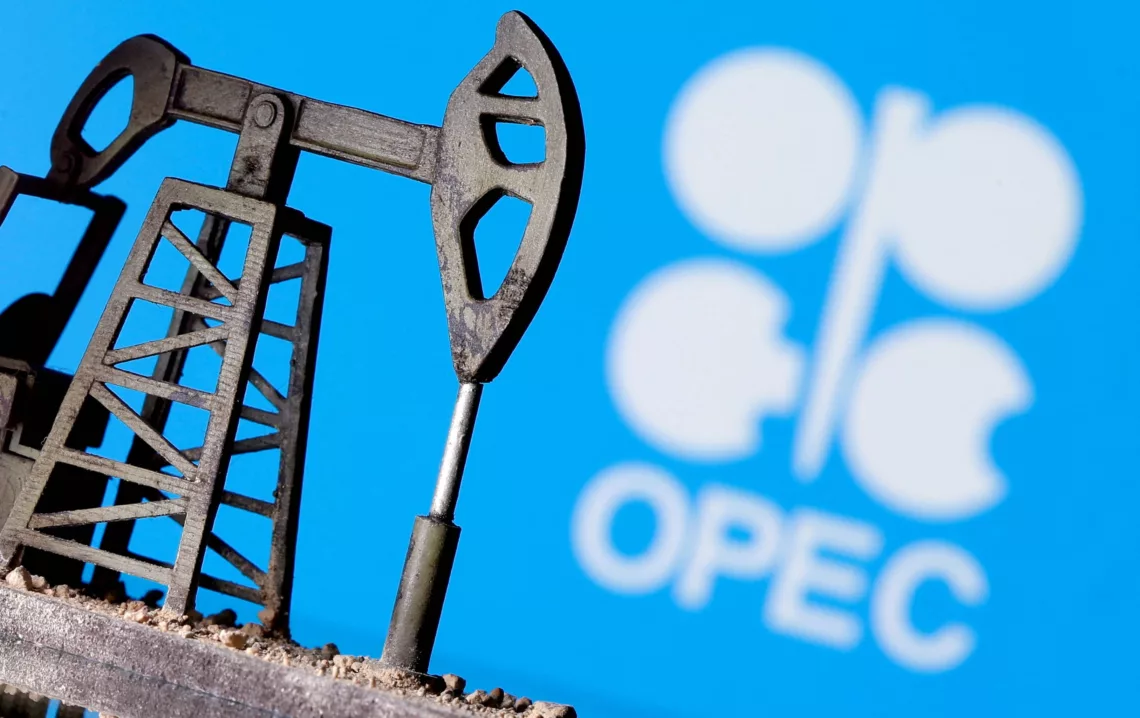According to the latest report from the Organization of the Petroleum Exporting Countries (OPEC), Nigeria’s crude oil production dipped to 1.32 million barrels per day in February. This marks a decline from the previous month’s production of 1.42 million barrels per day, representing a drop of 104,000 barrels per day.
The figures provided by OPEC were based on direct communication from Nigerian authorities. However, secondary sources reported a slightly higher production of 1.47 million barrels per day for February, indicating a marginal increase of 47,000 barrels per day.
Despite this decrease in production, Nigeria maintained its position as Africa’s largest oil producer among OPEC member countries on the continent. Libya followed closely with a production of 1.17 million barrels per day, while Algeria recorded a daily production of 906,000 barrels.
On a global scale, OPEC projects non-OPEC oil production to increase by 1.1 million barrels per day in 2024, while OPEC countries’ production is expected to grow by 64,000 barrels per day, averaging around 5.5 million barrels per day for the year.
In February, global oil production from OPEC countries rose by 203,000 barrels per day to approximately 26.5 million barrels per day, as reported by secondary sources.
Despite commitments to oil production cuts, Saudi Arabia increased its production by around 55,000 barrels per day in February, maintaining its position as the world’s largest oil producer with an output of around 9.01 million barrels per day.
Oil prices experienced an increase in February, with OPEC’s reference basket rising by around $1.19 to an average of $81.23 per barrel. Brent crude and NYMEX WTI futures contract also saw gains, averaging around $81.72 and $76.61 per barrel, respectively.
The consecutive decline in crude oil production for February poses challenges for Nigeria, as it falls short of both the country’s target crude oil production benchmark in its 2024 budget and its production quota as stipulated by OPEC. This reduction in production could hinder the government’s revenue-raising efforts and impact the Central Bank of Nigeria’s ability to increase foreign exchange liquidity to support the value of the naira.
In response to these challenges, President Tinubu recently signed executive orders aimed at making the Nigerian oil industry more attractive to investors, including reducing contract cycles and providing financial incentives for deepwater investments.





